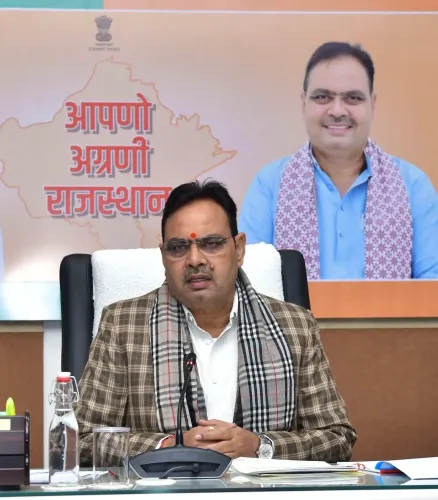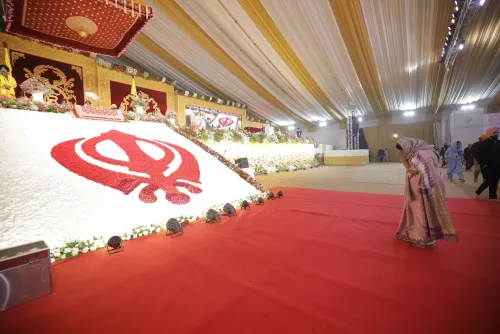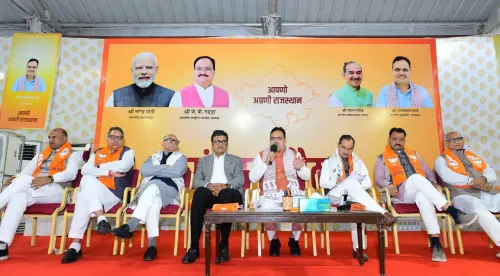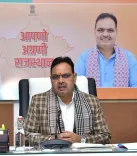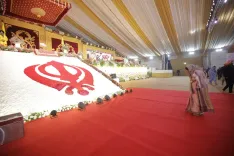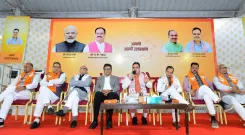What Are the Implications of the Three-Day Pen-Down Strike by Nagaland Government Employees?
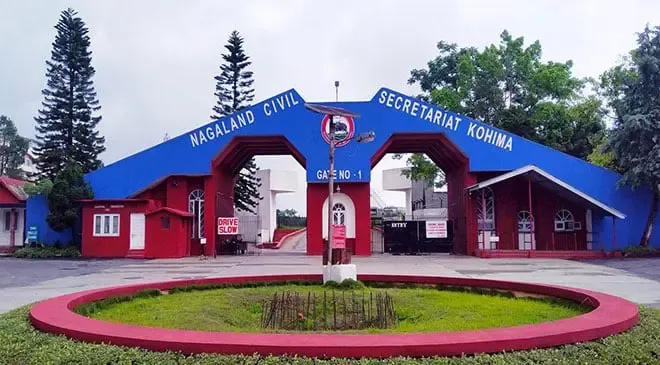
Synopsis
Key Takeaways
- Joint Coordination Committee initiates a three-day strike.
- Strike disrupts government operations across Nagaland.
- Demand for merit-based recruitment in IAS induction.
- Employee associations call for adherence to previous government memos.
- The government has yet to respond to the ongoing protest.
Kohima, Oct 14 (NationPress) The Joint Coordination Committee (JCC) initiated a three-day pen-down strike on Tuesday, severely disrupting the operations of Nagaland government offices throughout the state.
The JCC, which includes five significant government employees’ associations from Nagaland, commenced the strike to demand the revocation of an initiative to allow a non-NCS (Nagaland Civil Service) officer into the Indian Administrative Service (IAS) cadre.
The associations have raised concerns over the state government's March 10 vacancy circular, which was allegedly intended to facilitate the inclusion of an officer from outside the state cadre for IAS induction.
These employee groups previously called on the government to honor its Office Memorandums from 2001 and 2016, which established that such recruitment should occur through a public advertisement from the Nagaland Public Service Commission (NPSC).
In March 2025, the Nagaland government released a vacancy circular, granting a 15-day window for applications. Eleven candidates submitted their applications, but on the 16th day, the government retracted the circular without providing a satisfactory explanation, stated All Nagaland State Services Employees Association (CANSSEA) President Zubemo Lotha Tsanglao to the media.
Despite numerous protests, including wearing black badges and launching poster campaigns, the JCC claims that the government has not engaged in discussions with the associations.
“Frustrated by the government’s ongoing silence, the JCC initiated the third phase of their protest, a pen-down strike from Tuesday to Thursday,” Tsanglao remarked, emphasizing that their demonstration from October 14 to 16 would be conducted democratically.
Another JCC representative indicated that while employees were present in their offices statewide, including in Kohima, they had put down their pens as a symbolic gesture to advocate for meritocracy and safeguard the future of Naga youth.
Banners in government offices read, “Meritocracy in IAS induction – not backdoor entry.” As of now, the state government has not responded to the pen-down strike or the JCC’s demands. Sources indicate that the state cabinet might discuss this matter in its upcoming meeting on Wednesday.
The JCC is composed of the CANSSEA, Nagaland In-Service Doctors Association (NIDA), Nagaland Secretariat Service Association (NSSA), Nagaland Finance and Accounts Service Association (NF&ASA), and Federation of Nagaland State Engineering Service Association (FONSESA).


